Tag: City Council elections
-
Filing deadline for Detroit elections is April 20

The filing deadline to run for elected office in Detroit, Michigan, is on April 20. Prospective candidates may file for the following nonpartisan offices: • Mayor • City Council (9 seats) • Clerk • Board of Police Commissioners (7 seats) The primary is scheduled for Aug. 3 and the general election is scheduled for Nov.…
-
Costa Constantinides resigns from New York City Council

Costa Constantinides resigned from the New York City Council on April 9 after announcing he would leave to take a position as CEO of the Variety Boys and Girls Club of Queens on March 31. Constantinides had served as the District 22 representative since 2013. His current term was set to expire on Dec. 31,…
-
Wisconsin general election to be held April 6
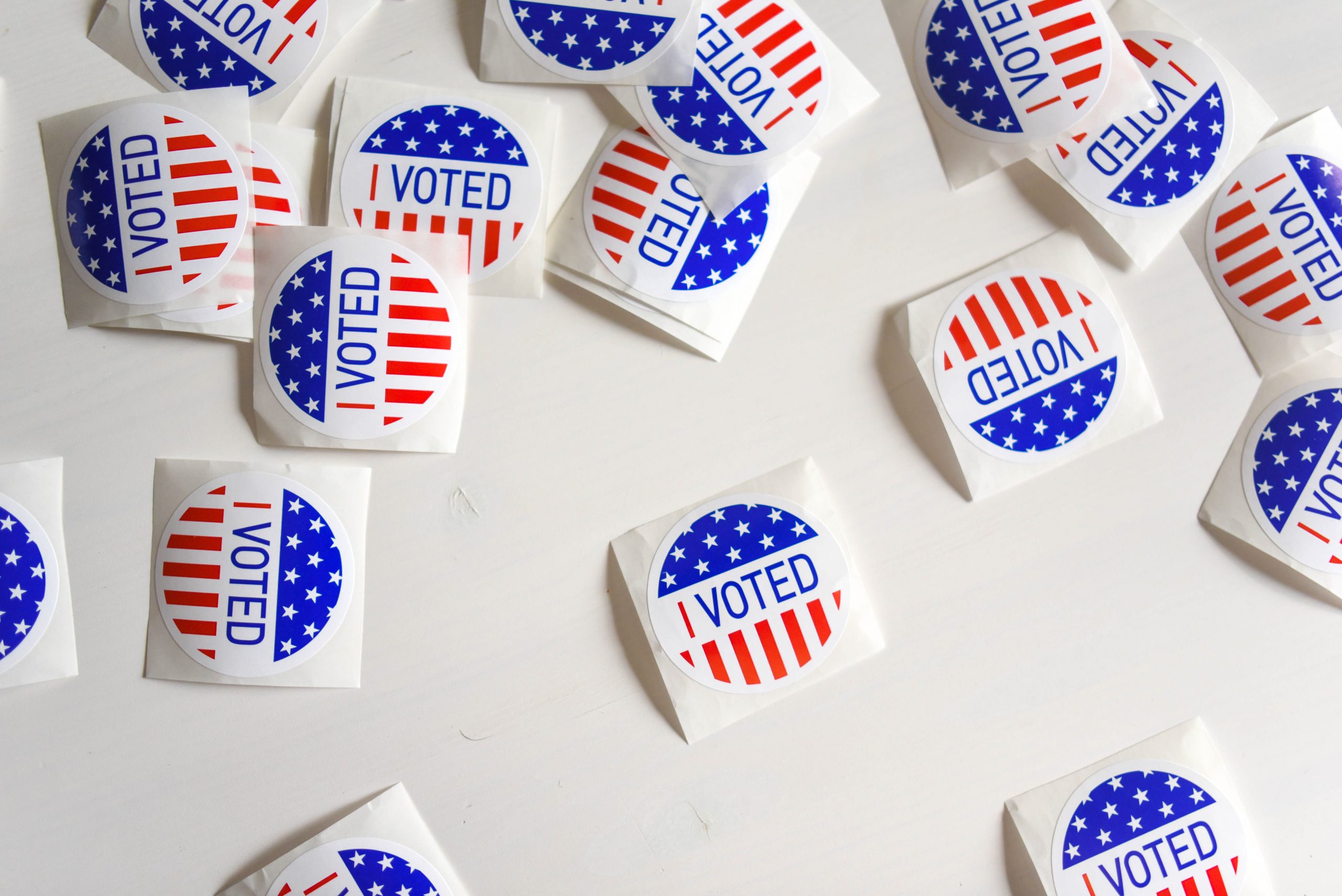
The statewide general election for Wisconsin is on April 6. The primary was held on Feb. 16, and the filing deadline to run passed on Jan. 5. Candidates are running in elections for the following offices: • Superintendent of Public Instruction • Special elections for state Senate District 13 and Assembly District 89 • Wisconsin…
-
12 candidates file for three city council seats in Lincoln, Nebraska
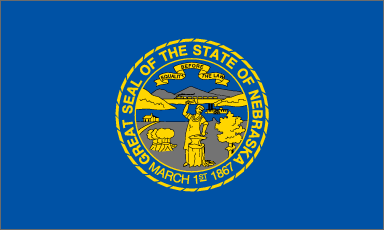
The filing deadline for candidates interested in running for three at-large seats on the city council in Lincoln, Nebraska, was March 5, 2021. The nonpartisan primary election will be held on April 6, and the general election will be held on May 4. All three seats are for four-year terms. Twelve candidates—incumbent Roy Christensen, incumbent…
-
Three candidates file for city council special election in Garland, Texas

The city of Garland, Texas, will hold a nonpartisan special election for District 1 on the Garland City Council on May 1, 2021. The filing deadline for the special election was March 1. Jeff Bass, John Grimley, and Angie Whitney will face off in the special election. The seat is currently held by Ricky McNeal.…
-
23 candidates file to run for mayor, city council in Arlington, Texas

The filing deadline for candidates interested in running for mayor and city council member in Arlington, Texas, was February 12, 2021. The nonpartisan general election is scheduled for May 1. Eight candidates—Doni Anthony, Kelly Burke, former city councilmember Michael Glaspie, Cirilo Ocampo Jr., Jim Ross, District 3 city councilmember Marvin Sutton, Jerry Warden, and Dewayne…
-
Special election approaches Feb. 23 in New York City Council District 31
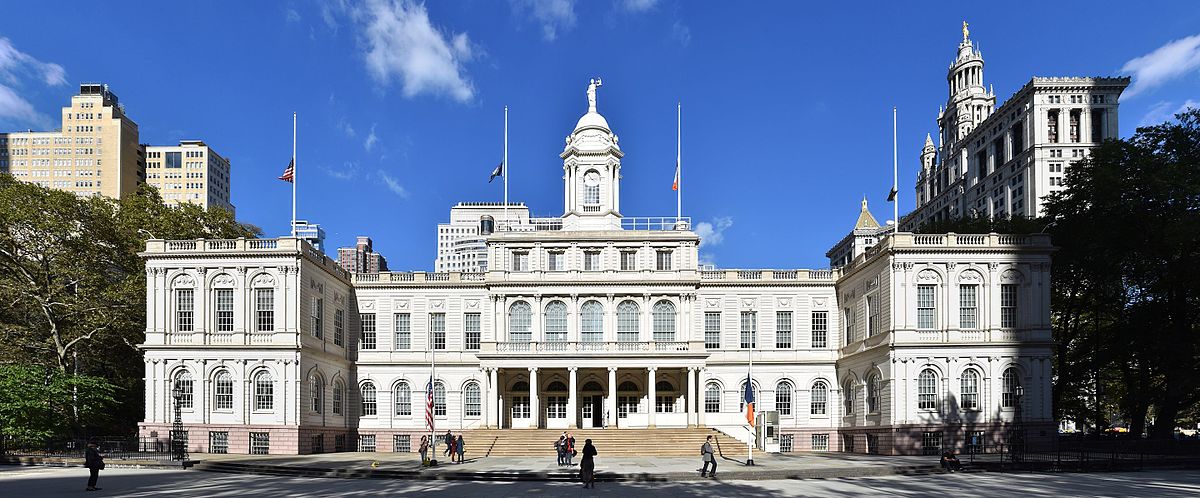
The special general election for New York City Council District 31 is on February 23, 2021. Nine candidates are competing in the special election. The filing deadline to run passed on December 16, 2020. The special election was called when Donovan Richards left office after he was elected Queens Borough President in November. Richards served…
-
Burlington, Vermont voters will decide on March 2 whether to adopt ranked-choice voting for city council elections
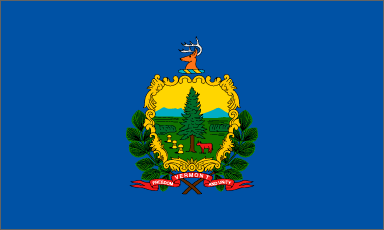
On March 2, Burlington, Vermont voters will decide Question 4, a measure to implement ranked-choice voting for city council elections beginning in March 2022. The Burlington City Council attempted to place a ranked-choice voting measure on the November 2020 ballot, but it was vetoed by Mayor Miro Weinberger (D) after receiving a 6-5 vote from…
-
Filing period to close Feb. 3 for municipal elections in two Ohio cities
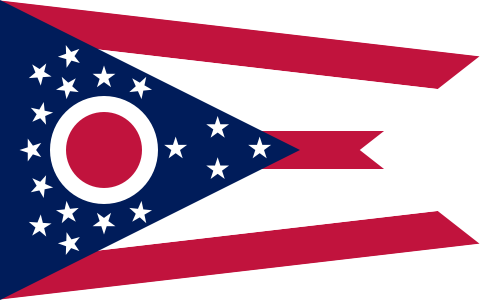
The candidate filing deadline to run for elected office in Columbus and Cleveland, Ohio, is on February 3, 2021. Prospective candidates in Columbus may file for the following municipal and school district offices: City attorney City auditor City council (3 seats) Columbus City Schools Board of Education (3 seats) In Cleveland, prospective candidates may file…
-
Filing deadline approaches in New York City Council special elections

Candidates interested in running in the special elections for New York City Council Districts 11 and 15 have until January 19, 2021, to file. The general election is scheduled for March 23. The special election in District 11 was called after Andrew Cohen (D) won the November election for New York Supreme Court 12th Judicial…

